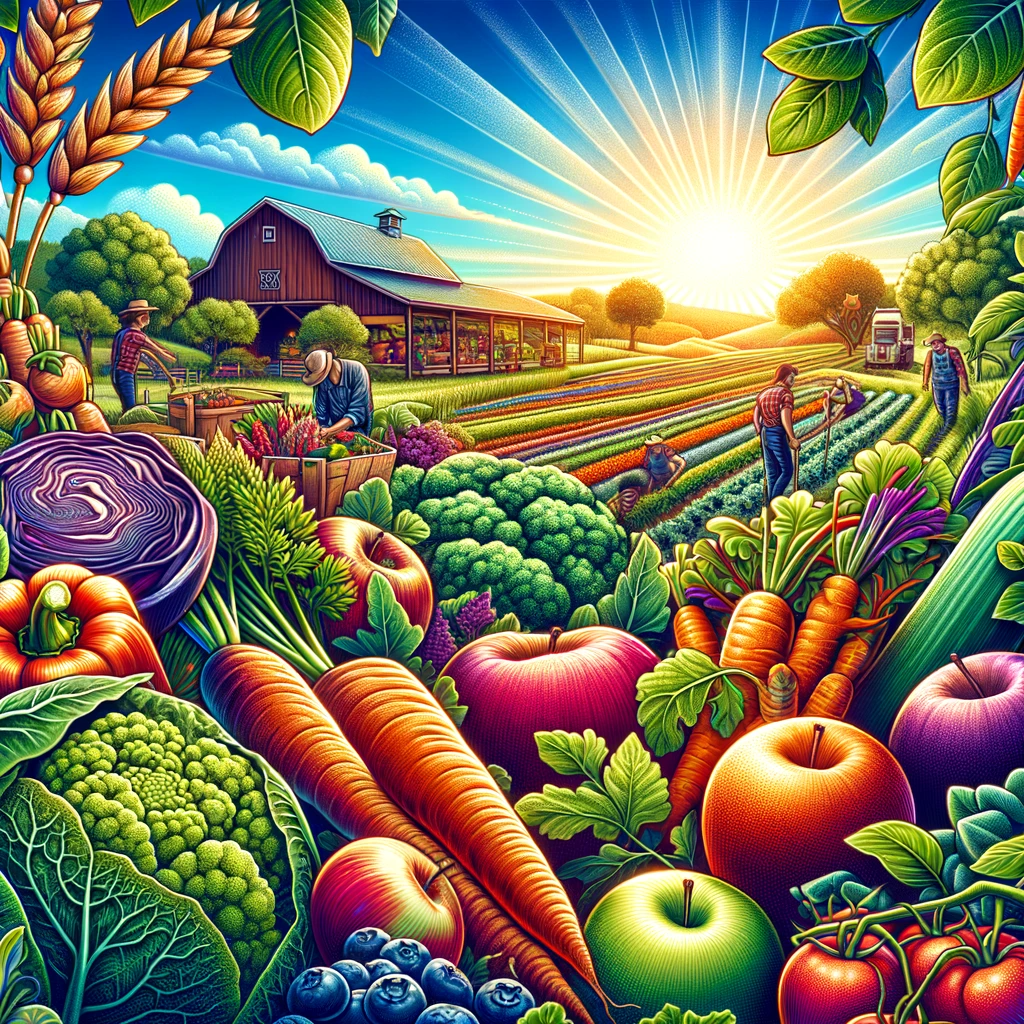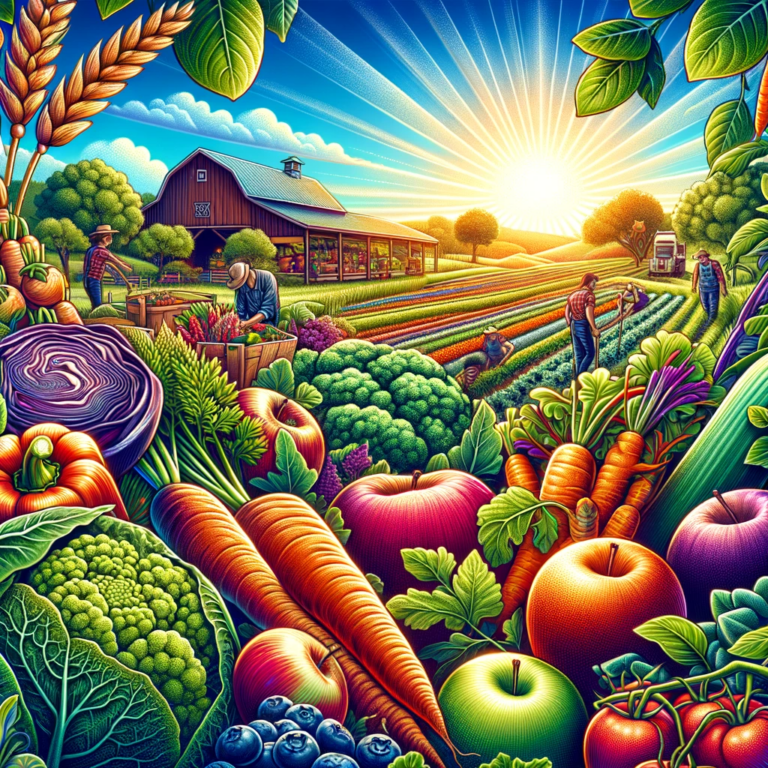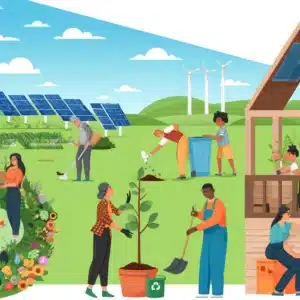The Organic Odyssey: Exploring the World of Organic Food
Who wouldn’t want to live in a healthier, happier, and more sustainable world?
Join us on an enlightening journey as we delve deep into the captivating and diverse realm of organic food. Discover how embracing organics can revolutionize not only your health, but also our planet. Let’s embark on this organic odyssey together.
The Call of Organic Food: Why Does It Matter?
Have you ever wondered about the essence of organic food? It often goes beyond just being pesticide-free. Organic food involves promoting ecological balance, preserving biodiversity, and supporting sustainable practices. It’s a conscious choice that can make a substantial impact on individual lives and on the global environment.
Is Organic Food More Nutritious?
Not only is organic food bursting with rich flavors and pure natural goodness, but it’s also packed full of nutrients. Some studies suggest that organically-grown crops often contain more vitamins, essential minerals, and antioxidants, making them the better choice for optimal health.
The Taste Sensation of Organic Food
By freeing food from the shackles of synthetic inputs, organic farming gives you a real, untainted taste experience. Many organic food aficionados swear that organic fruits, vegetables, and grains have an inherently deeper and richer flavor. This is organic food in its purest form – unadulterated and wonderfully delicious!
The Environmental Benefits of Going Organic
Stepping into the world of organic food is like walking into a sustainable future. Organic farming methods are gentler on the earth, preserving our fertile soils, saving our water resources, and reducing pollution. In other words, organic food doesn’t just taste good; it feels good too.
The Bird’s Eye View: Organic and Global Biodiversity
Ever considered that your dinner plate could impact global biodiversity? Organic farming helps to maintain diverse ecosystems, as it encourages a wide variety of native species to thrive. This has tremendous ripple effects on preserving biodiversity of plants, insects, and other animal species.
Organic Food: A Driver for Sustainable Agriculture
Organic farming is in harmony with nature, thereby encouraging long-term sustainability. By conserving resources and promoting a balance with nature, organic farming is a beacon for sustainable agriculture and a catalyst for change.
The Journey to Organic: Switching Your Pantry
So, are you ready to join the organic odyssey? Transitioning to organic is not about overnight changes. It’s a journey that begins with small steps and develops over time.
Your Organic Shopping Guide
Not sure where to start? Seek out organic local farmers’ markets, health food stores or even the organic aisle in your supermarket. Let the fresh vibrant colors guide you!
Laying the Foundation: Starting with a Few Staples
initiate with a few organic staples. Choose foods you frequently consume like milk, eggs, fruits, and veggies and gradually extend your organic palette.
Wrapping up the Organic Odyssey
Our journey may have been brief, but hopefully, it’s given you an insight into the enticing world of organic food. It’s more than a fad, it’s a catalyst for sustainable change. Choosing organic is choosing health, taste, and a brighter future for our planet. Be part of the organic odyssey and make your contribution to a sustainable future.
FAQs
1. Is organic food more nutritious?
Research suggests organic food can be more nutrient-rich, containing higher quantities of vitamins, minerals, and antioxidants.
2. Why does organic food taste better?
Organic fruits and vegetables are usually grown in nutrient-rich soil, enhancing their flavor.
3. How can I trust that my food is truly organic?
Look for certification labels on products. In the U.S., true organic products will have a USDA Organic label.
4. How can I make organic food more affordable?
Buy in bulk, choose seasonal produce, and grow your own food if possible.
5. How does organic farming benefit the environment?
Organic farming practices help maintain soil health, use less water and energy, and reduce pollution.





